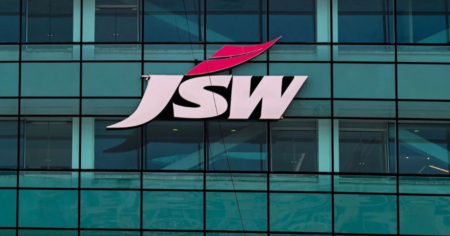Dr. Pushpendra Pratap Singh, Country Head, Asia Shipping, delves into the evolving landscape of pharma logistics in India. Over the past decade, the sector has witnessed a surge in demand, necessitating advancements in cold chain infrastructure, technology integration, and regulatory compliance.

Recent pharma logistics innovations prioritize efficiency and cost reduction, revolutionizing the landscape
Dr. Pushpendra Pratap Singh, a renowned industry expert, provides valuable insights into the evolution of India’s pharma logistics landscape over the past decade. The considerable uptick in pharmaceutical demand, underpinned by heightened healthcare awareness and demographic shifts, has catalysed significant transformations. These include a pronounced emphasis on cold chain infrastructure to adhere to stringent regulations governing temperature-sensitive drugs, along with the integration of advanced technologies. Moreover, regulatory bodies like the Drugs Controller General of India (DCGI) have intensified scrutiny, necessitating comprehensive documentation and adherence to precise storage protocols. Concurrently, there has been a notable surge in the reliance on contract logistics providers, leveraging specialised expertise and economies of scale.
Supply challenges
Despite these advancements, pharma companies still grapple with certain hurdles:
- Product Integrity: Maintaining temperature-controlled environments, especially in last-mile deliveries.
- Compliance Burden: Navigating complex regulations and documentation.
- Inventory Management: Balancing stock while minimising expired drugs.
- Traceability: real-time visibility for timely interventions and risk mitigation throughout the supply chain.
Tech optimisation
Technology optimises pharma logistics through tracking and temperature control systems, enabling real-time monitoring for product quality assurance. Data analytics optimise routes, predict demand, and improve resource allocation, reducing costs. Blockchain technology enhances traceability, preventing counterfeiting, and ensuring regulatory compliance, promising a secure and transparent supply chain for pharmaceuticals.
Regulatory impact
Pharma logistics face significant regulatory impact, particularly concerning temperature control guidelines and traceability requirements. Companies ensure compliance by partnering with providers possessing compliant infrastructure and maintaining detailed documentation for audits and traceability purposes, as mandated by regulations.
Innovations
In the realm of pharma logistics, recent innovations are revolutionising the landscape, prioritising efficiency and cost reduction. IoT-enabled packaging, equipped with sensors, ensures real-time monitoring of temperature, humidity, and potential tampering attempts, safeguarding product integrity throughout the supply chain. Additionally, the emergence of autonomous vehicles, though in its infancy, holds substantial promise for enhancing efficiency in last-mile deliveries within controlled environments. Moreover, collaboration platforms, operating on cloud-based systems, play a pivotal role in fostering seamless information exchange among pharma companies, logistics providers, and regulatory bodies. These advancements not only enhance transparency but also promote compliance, ultimately reshaping the efficiency and efficacy of pharma logistics operations.
Collaborative efficiency
Collaboration between pharma companies and logistics partners is essential for efficient operations and customer satisfaction. This involves joint planning, execution, and performance measurement, enabling optimisation and cost reduction. Additionally, investing in technology enhances supply chain visibility, efficiency, and compliance.
Dr. Singh emphasises that embracing these practices and fostering strong partnerships ensures the safe, timely, and cost-effective delivery of life-saving medicines in the Indian pharma logistics sector.










